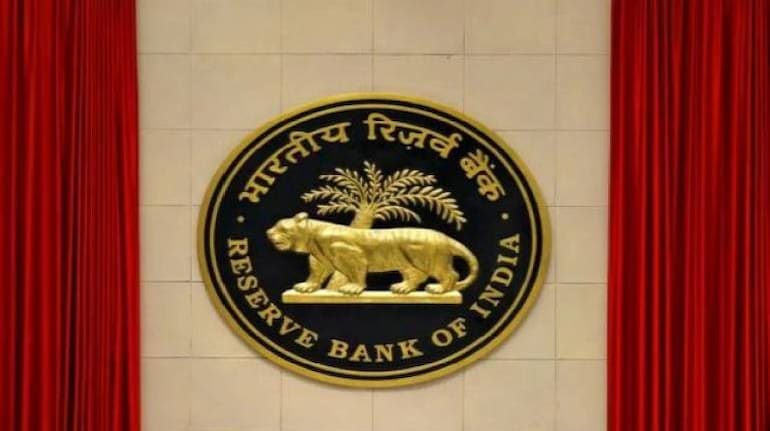



The Reserve Bank of India (RBI) on April 1 announced the framework for acceptance of Green Deposits of regulated entities (RE).
The idea is to foster and develop a green finance ecosystem in the country, the central bank said.
The framework shall come into effect from June 1, 2023.
The framework is intended to “encourage regulated entities (REs) to offer green deposits to customers, protect interest of the depositors, aid customers to achieve their sustainability agenda, address greenwashing concerns and help augment the flow of credit to green activities/projects,” the RBI said in a release.
The framework is applicable to Scheduled Commercial Banks including Small Finance Banks excluding Regional Rural Banks, Local Area Banks and Payments Banks and all deposit-taking Non-Banking Financial Companies (NBFCs), including Housing Finance Companies.
A green deposit means an interest-bearing deposit, received by the RE for a fixed period and the proceeds of which are earmarked for being allocated towards green finance.
As per the framework, REs shall be required to allocate the proceeds raised through green deposits towards the following list of green activities/projects which encourage energy efficiency in resource utilisation, reduce carbon emissions and greenhouse gases, promote climate resilience and/or adaptation and value and improve natural ecosystems and biodiversity.
Further, RE shall put in Board-approved Financing Framework (FF) for the effective allocation of green deposits covering.
The registered entities shall issue green deposits as cumulative or non-cumulative deposits.
On maturity, the green deposits would be renewed or withdrawn at the option of the depositor. The green deposits shall be denominated in Indian Rupees only. The tenor, size, interest rate and other terms and conditions (as applicable to the RE) are defined in the Master Direction of the Reserve Bank.
The allocation of funds raised through green deposits by REs during a financial year shall be subject to an independent Third-Party Verification/Assurance which shall be done on an annual basis.
"The third-party assessment would not absolve the RE of its responsibility regarding the end-use of funds, for which the laid down procedures of internal checks and balances would have to be followed as in the case of other loans, " the framework stated.
Discover the latest Business News, Sensex, and Nifty updates. Obtain Personal Finance insights, tax queries, and expert opinions on Moneycontrol or download the Moneycontrol App to stay updated!
Find the best of Al News in one place, specially curated for you every weekend.
Stay on top of the latest tech trends and biggest startup news.